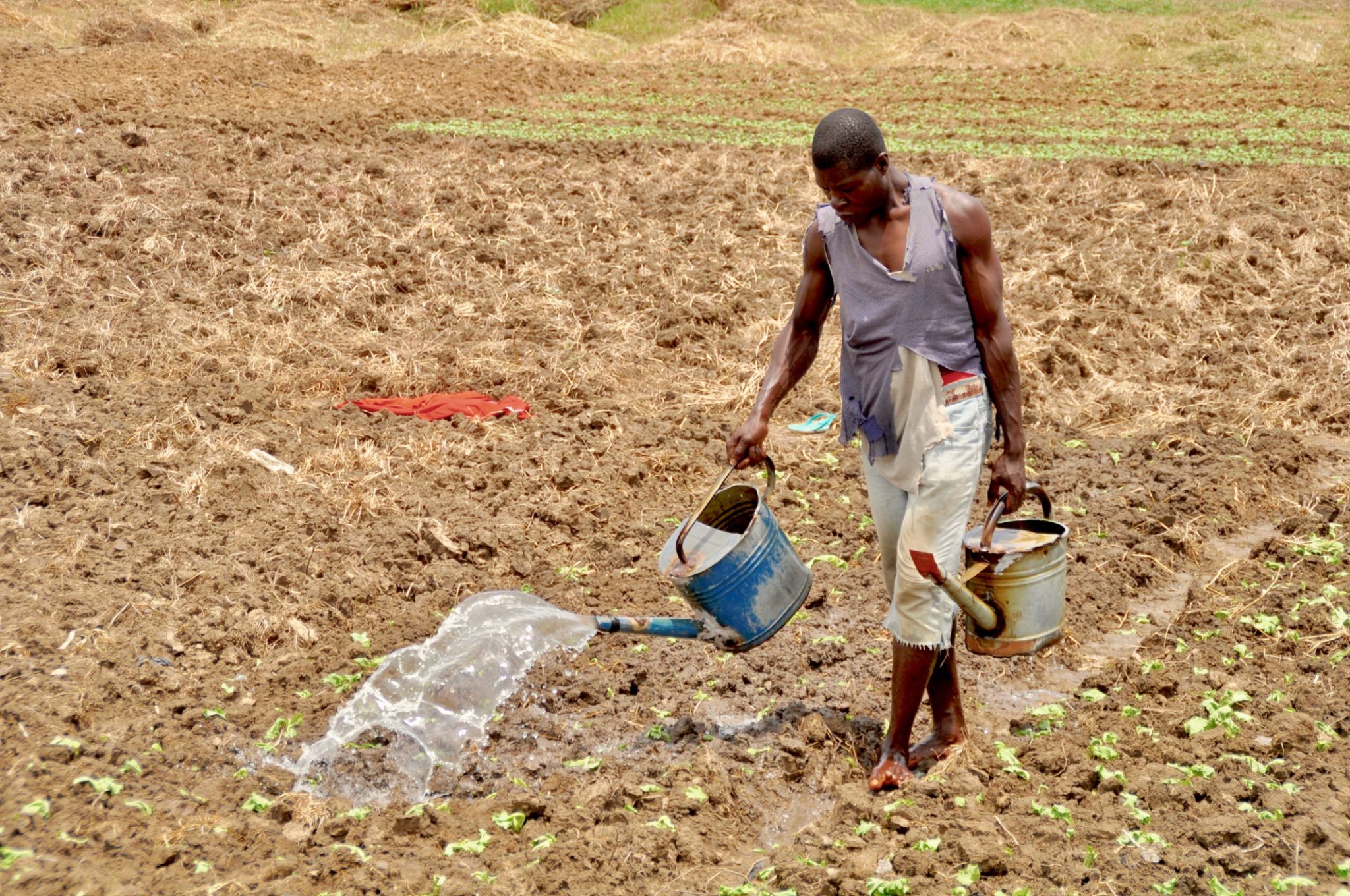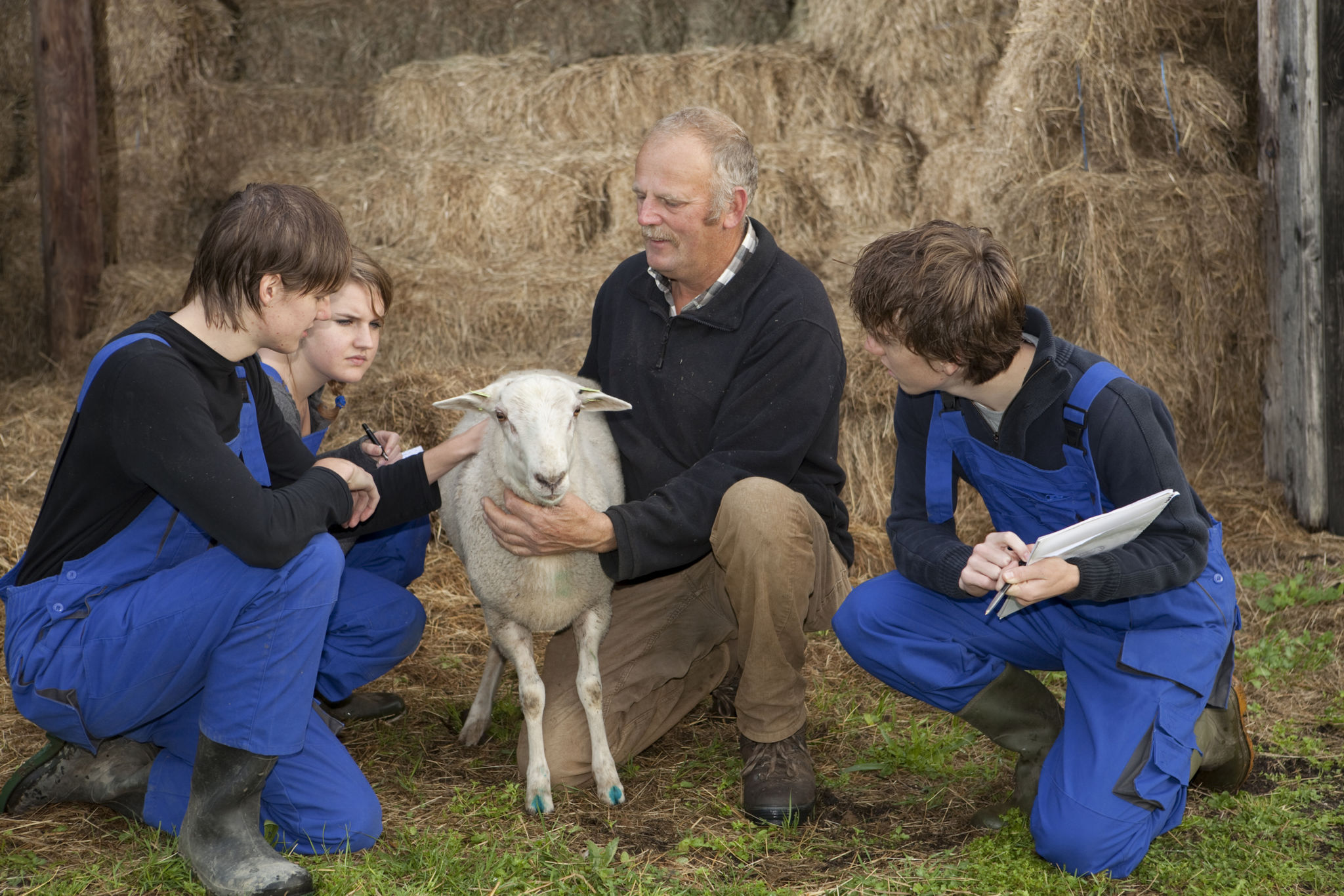Comprehensive Guide to Agronomic Support for Ghanaian Farmers
Understanding Agronomic Support
Agronomic support is a vital aspect of agricultural development, particularly in regions like Ghana where farming is a significant part of the economy. It encompasses a range of services and practices designed to help farmers improve crop yields, manage resources efficiently, and sustain agricultural productivity. In this guide, we explore how agronomic support can empower Ghanaian farmers and contribute to the country's food security.

Soil Management Techniques
Soil health is foundational to successful farming. Farmers in Ghana can benefit from agronomic support focused on soil management, which includes soil testing, fertility management, and erosion control. These practices ensure that crops receive the necessary nutrients and that soil degradation is minimized. Implementing crop rotation and intercropping are also effective strategies to enhance soil fertility.
Additionally, the use of organic fertilizers can improve soil structure and increase crop resilience. Agronomic experts provide guidance on selecting appropriate fertilizers and applying them at optimal times to maximize benefits.
Water Management Solutions
Given the varying climate conditions in Ghana, effective water management is crucial for sustainable agriculture. Agronomic support includes training farmers in irrigation techniques, rainwater harvesting, and water conservation practices. These methods help in optimizing water use and minimizing waste.

Drip irrigation, for instance, is a water-efficient system that delivers water directly to the plant roots, reducing evaporation and runoff. This technology can be particularly beneficial during dry seasons, ensuring that crops receive adequate moisture throughout their growth cycle.
Pest and Disease Control
Pests and diseases pose significant threats to crop yields in Ghana. Agronomic support provides farmers with integrated pest management (IPM) strategies that reduce reliance on chemical pesticides. IPM involves monitoring pest populations, using biological control agents, and applying pesticides only when necessary.
By promoting the use of resistant crop varieties and implementing cultural practices such as crop sanitation and timely planting, farmers can effectively manage pest and disease challenges.

Access to Quality Seeds and Inputs
The availability of quality seeds and agricultural inputs is essential for enhancing productivity. Agronomic support facilitates access to improved seed varieties that are more resilient to local climate conditions and have higher yield potential. Additionally, it helps farmers obtain necessary inputs such as fertilizers, herbicides, and machinery.
- Seed selection based on climate adaptability
- Access to certified seeds
- Guidance on efficient input usage
Training and Capacity Building
Agronomic support extends beyond technical advice; it includes comprehensive training programs aimed at building farmer capacity. These programs cover a wide range of topics, from modern farming techniques to business management skills. Empowering farmers with knowledge enables them to make informed decisions and adopt innovative practices.

Leveraging Technology for Farming
Technology plays a transformative role in modern agriculture. Agronomic support incorporates the use of digital tools such as mobile apps for weather forecasting, market information, and farm management advice. These tools provide real-time data that help farmers plan their activities more effectively.
Moreover, precision agriculture technologies such as drones and sensors offer insights into crop health and optimize resource allocation. By integrating technology into farming practices, Ghanaian farmers can boost efficiency and productivity.
Conclusion
Agronomic support is a cornerstone of agricultural advancement for Ghanaian farmers. By focusing on soil health, water management, pest control, access to quality inputs, farmer training, and technology adoption, this support system fosters sustainable farming practices. With continued investment in agronomy, Ghana's agricultural sector can thrive, ensuring food security and economic growth for the nation.
